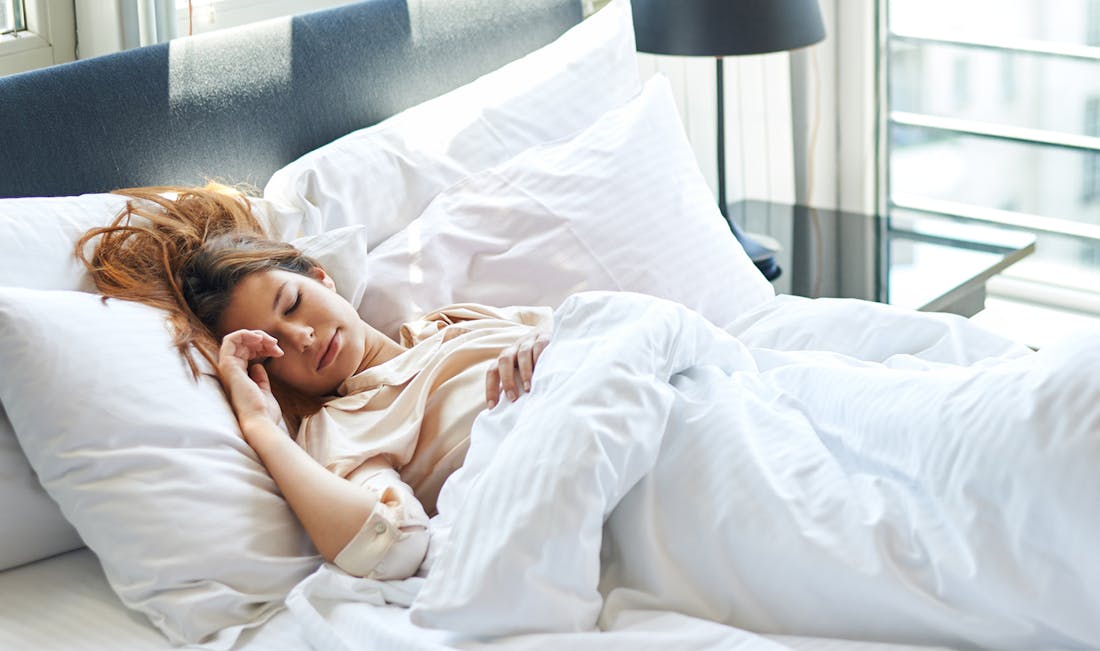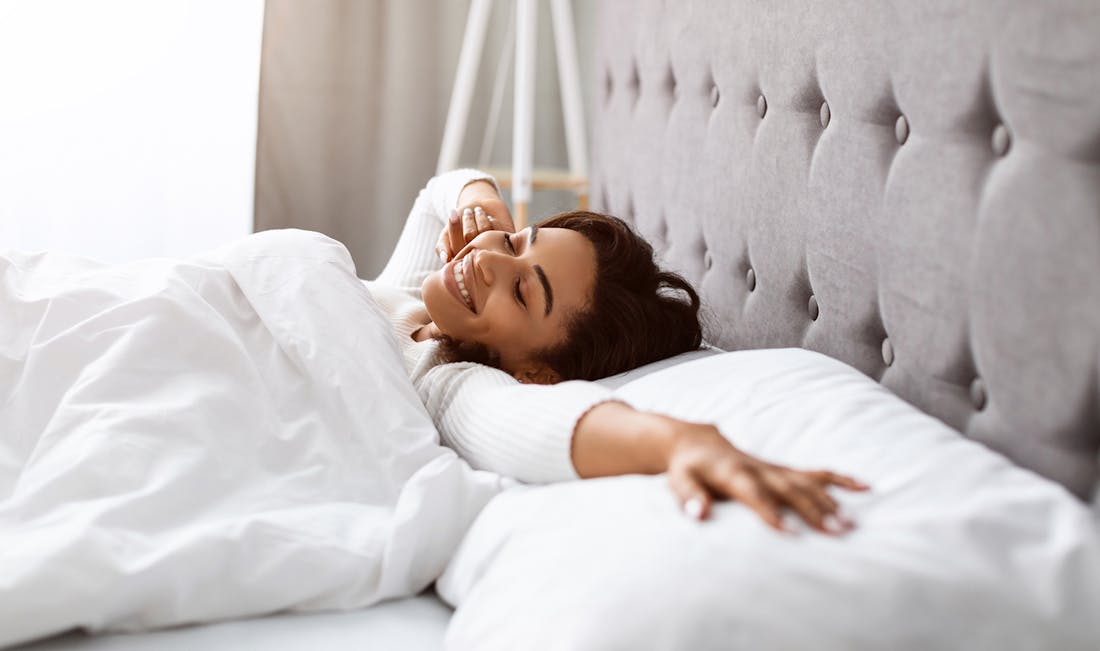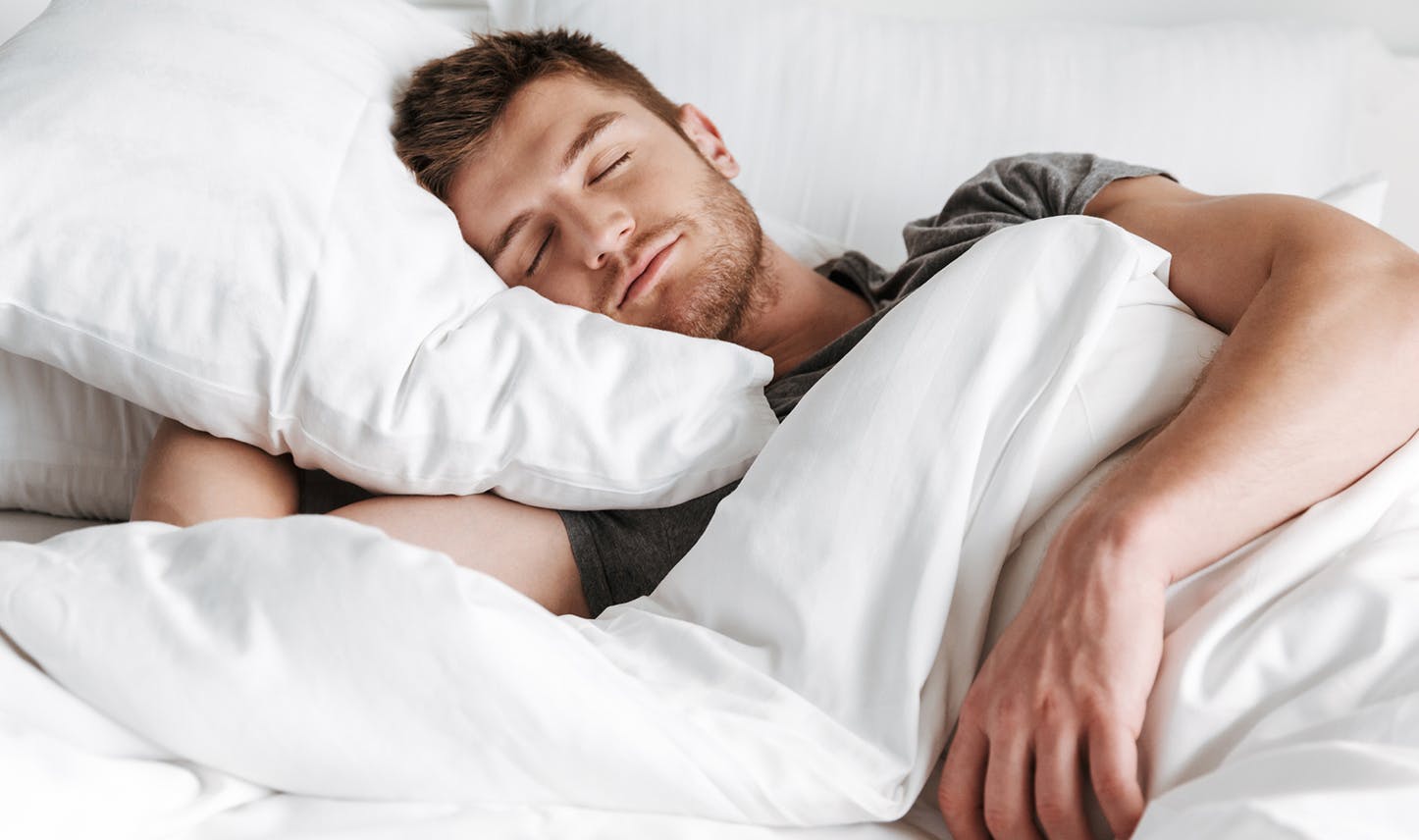Sleep apnea, a common yet often undiagnosed sleep disorder, can significantly impact your daily life and overall health. At the San Francisco Center for TMJ and Sleep Apnea, we specialize in understanding and treating sleep apnea, offering personalized solutions to ensure you enjoy the rejuvenating sleep you deserve.

What Is Sleep Apnea?
Living with chronic pain significantly affects quality of life, making everyday activities challenging and affecting overall well-being.

Conditions
Understanding the diverse conditions associated with sleep apnea is crucial for comprehensive care, as these conditions can significantly impact an individual's sleep quality, overall health, and daily functioning.

Associated Conditions
Exploring the various associated conditions linked to sleep apnea provides valuable insights into the complex interplay between sleep disorders and overall health, guiding effective treatment strategies for improved well-being.

Treatments
The diverse range of treatments available for sleep apnea opens the door to personalized and effective care, offering hope for better sleep quality and enhanced overall health.

